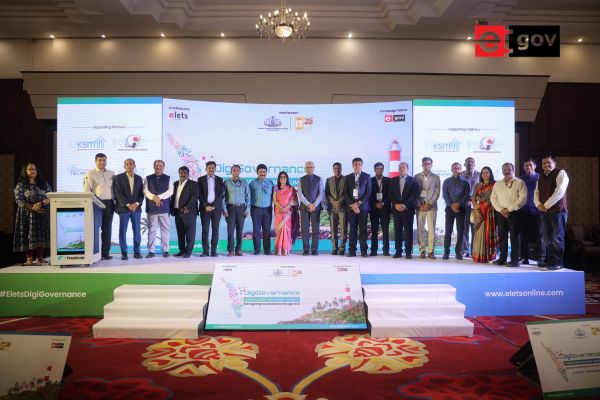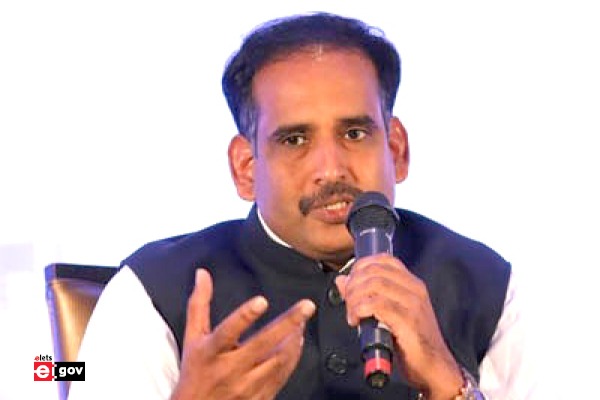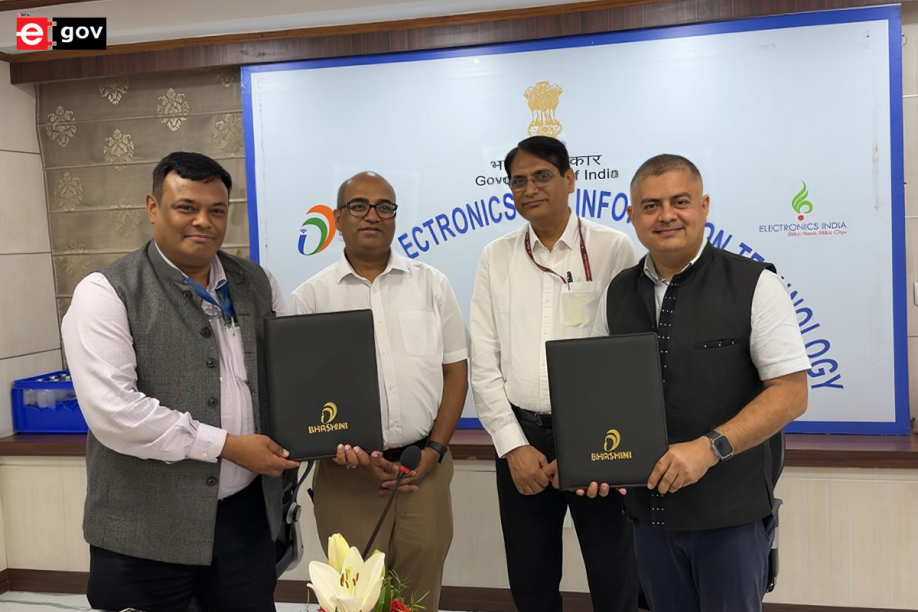
As India strides toward becoming a USD 5 trillion economy, the cooperative sector is emerging as a transformative force for self-employment and grassroots development. According to a report by consultancy firm Primus Partners, cooperatives are poised to generate 56 million self-employment opportunities by 2030, fueling financial inclusion, rural advancement, and socio-economic empowerment.
The study projects that cooperatives will contribute over 10% to India’s GDP by 2030, underscoring their critical role in the economy. Agricultural cooperatives, in particular, are at the forefront, driving financial empowerment across rural and urban regions.

India boasts the world’s largest cooperative network, representing nearly 30% of the 30 lakh cooperatives globally. These institutions play a pivotal role in transforming rural and semi-urban areas by providing affordable credit, fostering financial inclusion, and supporting women-led enterprises. Their contributions extend to boosting agricultural productivity, nurturing small-scale industries, and strengthening rural economies.

Opportunities and Challenges for the Sector

The report highlights cooperatives’ vast potential to uplift rural livelihoods and improve agricultural productivity by empowering farmers with credit and market access. However, challenges remain, such as limited technological access, inadequate market visibility, restricted financing, and insufficient capacity-building initiatives.

To overcome these hurdles, the report recommends:
- Integrating cooperatives with platforms like the (ONDC) to enhance logistics and market reach.
- Launching targeted initiatives like ‘Janani,’ an e-marketplace for women-led cooperatives.
- Establishing Centers of Excellence (CoEs) with institutions like Krishi Vigyan Kendras (KVKs) to provide training in digital tools, entrepreneurship, and modern farming practices.
- Expanding Priority Sector Lending (PSL) and forging partnerships with international agencies for concessional loans and grants.
- Leveraging CSR initiatives to connect cooperatives with sustainable funding.
The report further stresses the importance of building strong branding strategies for cooperatives to boost their visibility and aligning them with the ‘One District One Cooperative’ (ODOC) model for better scalability and recognition.
Governance and Regulatory Reforms
To address governance challenges, the report recommends strengthening governance structures, introducing robust regulatory frameworks, and implementing reforms to integrate cooperatives under the Reserve Bank of India’s oversight. These measures aim to ensure transparency, compliance, and standardized operations for effective risk management.
“Cooperatives play a pivotal role in enhancing farmers’ incomes, promoting an Atmanirbhar Bharat, and driving India’s progress toward achieving its Sustainable Development Goals (SDGs) by 2030,” said Ramakrishnan, Managing Director, Primus Partners. “By advancing financial inclusion, strengthening rural economies, and fostering sustainable agricultural practices, cooperatives can create a lasting ripple effect, building the foundation for prosperity and growth.”
Be a part of Elets Collaborative Initiatives. Join Us for Upcoming Events and explore business opportunities. Like us on Facebook , connect with us on LinkedIn and follow us on Twitter, Instagram.
"Exciting news! Elets technomedia is now on WhatsApp Channels Subscribe today by clicking the link and stay updated with the latest insights!" Click here!













